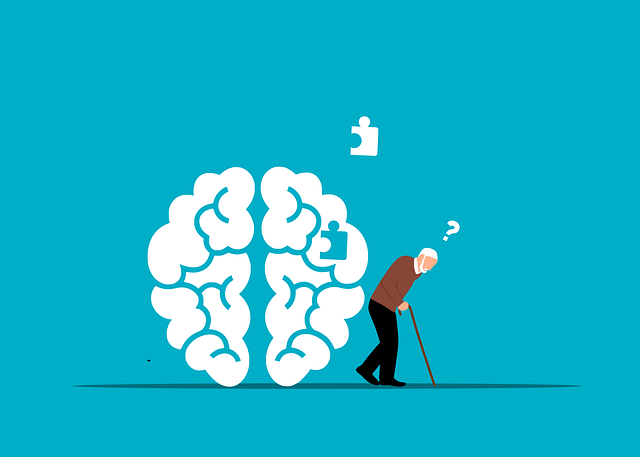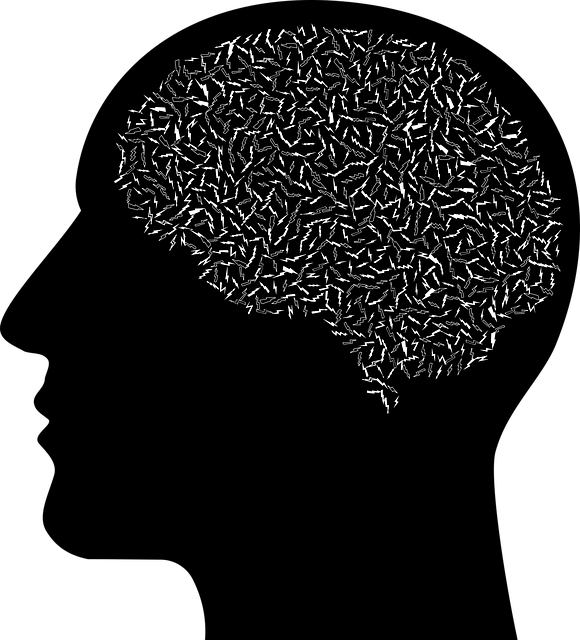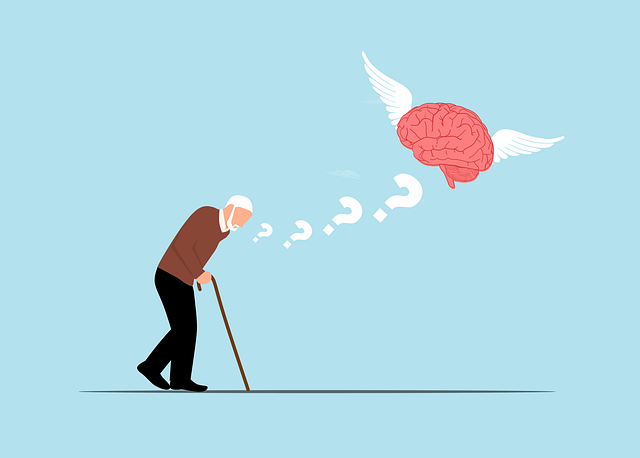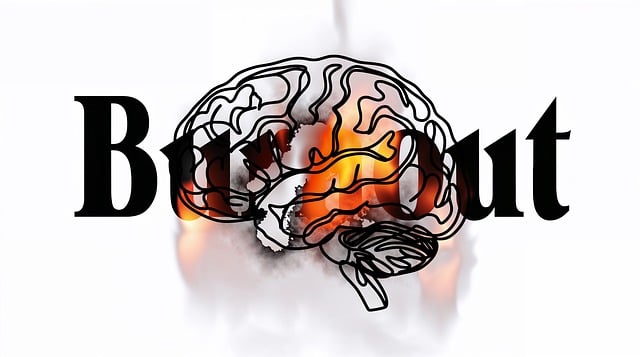Mental wellness self-assessment tools, incorporating methodologies like Centennial Mandarin Chinese Speaking Therapy, offer vital resources for personal growth. These assessments provide comprehensive evaluations of mental health, emotional well-being, and cultural identities, guiding interventions tailored to diverse needs. By fostering self-awareness and cultural sensitivity, these tools empower individuals to manage their mental health effectively, enhance support networks, and reduce stigma within the Mandarin-speaking community, contributing to Mental Health Awareness and improved outcomes.
Mental wellness self-assessment tools play a crucial role in individual understanding and pursuit of holistic well-being. This article delves into the development of such tools, focusing on the unique perspective of Centennial Mandarin Chinese Speaking Therapy. We explore how this therapeutic approach integrates cultural sensitivity with evidence-based practices to create effective assessments for diverse populations. By understanding these developments, mental health professionals can better cater to a wide range of clients, fostering inclusive and impactful care.
- Understanding Mental Wellness Self-Assessment Tools
- The Role of Centennial Mandarin Chinese Speaking Therapy
- Developing Effective Assessment Tools for Diverse Populations
- Integrating Cultural Sensitivity and Evidence-Based Practices
Understanding Mental Wellness Self-Assessment Tools

Mental wellness self-assessment tools play a crucial role in helping individuals gain insights into their mental health and emotional well-being. These tools are designed to provide a comprehensive evaluation, allowing users to identify areas of strength and weakness related to various aspects of mental wellness. By utilizing evidence-based methodologies, such as those offered by Centennial Mandarin Chinese Speaking Therapy, self-assessment tools can facilitate personalized growth and recovery journeys. They empower individuals to proactively manage their mental health by fostering self-awareness and promoting proactive coping strategies.
For instance, these assessments often incorporate elements of trauma support services, emotional intelligence training, and social skills development. By assessing the impact of past traumatic experiences and current emotional responses, tools can guide users toward targeted interventions. Moreover, they enhance emotional intelligence by teaching individuals to recognize and regulate their emotions effectively. This, in turn, supports the cultivation of robust social skills, enabling better connections and support networks. Such tools are valuable resources for both personal development and professional contexts, ensuring individuals receive tailored guidance and support for their unique mental wellness needs.
The Role of Centennial Mandarin Chinese Speaking Therapy

The integration of Centennial Mandarin Chinese Speaking Therapy into mental wellness self-assessment tools offers a unique and innovative approach to addressing cultural nuances in therapeutic support. As many individuals from diverse linguistic backgrounds face barriers when accessing traditional therapy, this therapy type provides an inclusive space for those who speak Mandarin Chinese as their first language. By combining the ancient wisdom of Mandarin with modern psychological practices, therapists can offer tailored interventions that resonate deeply with clients’ cultural identities. This approach not only enhances the therapeutic process but also encourages a sense of comfort and openness, enabling individuals to share personal struggles more openly.
Centennial Mandarin Chinese Speaking Therapy goes beyond language translation; it involves incorporating specific cultural values and communication styles into the therapeutic framework. The therapy equips practitioners with crisis intervention guidance tailored to Mandarin-speaking populations, ensuring that interventions are culturally sensitive and effective. Moreover, it emphasizes empathy building strategies, allowing therapists to establish strong connections with clients by recognizing and understanding their unique perspectives. Additionally, social skills training, a vital component of this therapy, can help individuals develop communication tools that promote healthy relationships and emotional well-being within their cultural contexts.
Developing Effective Assessment Tools for Diverse Populations

Developing effective mental wellness self-assessment tools requires a nuanced approach to cater to diverse populations, such as the Centennial Mandarin Chinese speaking therapy community. It’s essential to consider cultural factors and language barriers when creating assessments to ensure they are accessible and relevant. For example, incorporating traditional healing practices and values from various cultures can enrich the evaluation process, promoting a deeper understanding of mental wellness within these communities.
By integrating emotional intelligence concepts into assessment tools, practitioners can gain valuable insights into individuals’ emotional experiences and coping mechanisms. This approach aligns with the growing emphasis on Mental Wellness Journaling Exercise Guidance as a means to foster self-awareness and personal growth. Customizing these tools to resonate with diverse populations, including those who primarily speak Mandarin, facilitates more accurate assessments and, subsequently, targeted interventions tailored to their unique needs.
Integrating Cultural Sensitivity and Evidence-Based Practices

In developing mental wellness self-assessment tools, integrating cultural sensitivity and evidence-based practices is paramount. Recognizing the diverse cultural backgrounds of individuals seeking support, such as the growing Mandarin Chinese-speaking population in many regions, including the United States, demands tailored approaches. For instance, a tool designed for this demographic could incorporate Centennial Mandarin Chinese Speaking Therapy, ensuring accessibility and cultural relevance. This inclusive strategy not only enhances user engagement but also promotes more accurate assessments by accounting for unique cultural perspectives and communication styles.
By combining these elements, mental health professionals can contribute to Mental Health Awareness and Illness Stigma Reduction Efforts. Moreover, they can foster Compassion Cultivation Practices within the assessment process. This two-pronged approach—both respecting cultural identities and relying on evidence-based methods—can lead to more effective interventions and improved outcomes for a wide range of individuals, regardless of their ethnic or linguistic background.
Mental wellness self-assessment tools play a pivotal role in promoting holistic well-being, especially within diverse cultural contexts. By integrating evidence-based practices and cultural sensitivity, such as the unique approach of Centennial Mandarin Chinese Speaking Therapy, we can develop effective assessments tailored to various populations. These tools empower individuals to take charge of their mental health, fostering self-awareness and providing a foundation for targeted interventions. Through continuous evaluation and refinement, we can ensure that these resources remain relevant and accessible, ultimately enhancing the accessibility of quality mental healthcare.














